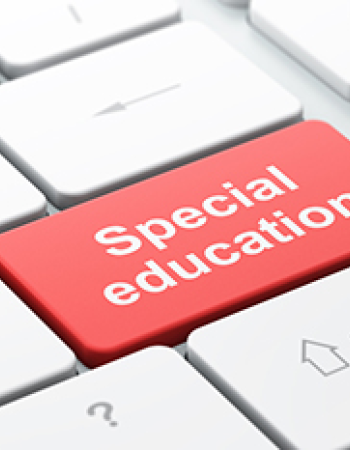Special Education Teachers’ Self‐Efficacy in Implementing Social–Emotional Learning to Support Students with Learning Disabilities
This study was designed to determine how special education teachers (SETs) in Saudi Arabia perceive their self-efficacy in implementing social–emotional learning (SEL) practices to support students with learning disabilities (LD). The data were collected by surveying 109 SETs of students with LD who teach at elementary and middle schools in Riyadh. The findings demonstrate that SETs had low to moderate self-efficacy in putting SEL into practice, and the participants highlighted the importance of receiving support that can enhance their self-efficacy in SEL. Moreover, the study's findings show some statistically significant variations in the responses of the teachers, as those who attended more professional development programs reported higher levels of self-efficacy. Additionally, middle school teachers and teachers with fewer years of experience showed a higher need for receiving support to enhance their implementation of SEL. Recommendations for future studies and practices are provided.

This study was designed to determine how special education teachers (SETs) in Saudi Arabia perceive their self-efficacy in implementing social–emotional learning (SEL) practices to support…

Providing transition planning and services to students with emotional disturbance (ED) can enhance their success in postsecondary education, employment, and independent living.

The implementation of prereferral models was being discussed in educational literature as early as 1979.

